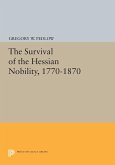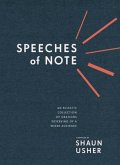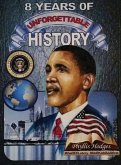"This book analyzes the advocacy, conceptualization, and institutionalization of rhetoric from 1770 to 1860. Among the forces promoting advocacy was the need for oratory calling for independence, the belief that using rhetoric was the way to succeed in biblical interpretation and preaching, and the desire for rhetoric as entertainment. Conceptually, leaders followed classical and German rhetoricians in viewing rhetoric as an art of ethical choice. Institutionally, a rhetorician such as Ebenezer Porter called for the development of organizations at all levels, a "sociology of rhetoric." Orville Dewey highlighted the passion for rhetoric, calling his times "the age of eloquence.""--
Hinweis: Dieser Artikel kann nur an eine deutsche Lieferadresse ausgeliefert werden.
Hinweis: Dieser Artikel kann nur an eine deutsche Lieferadresse ausgeliefert werden.








